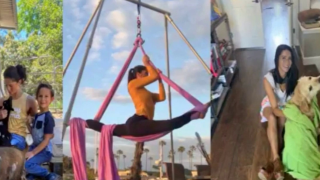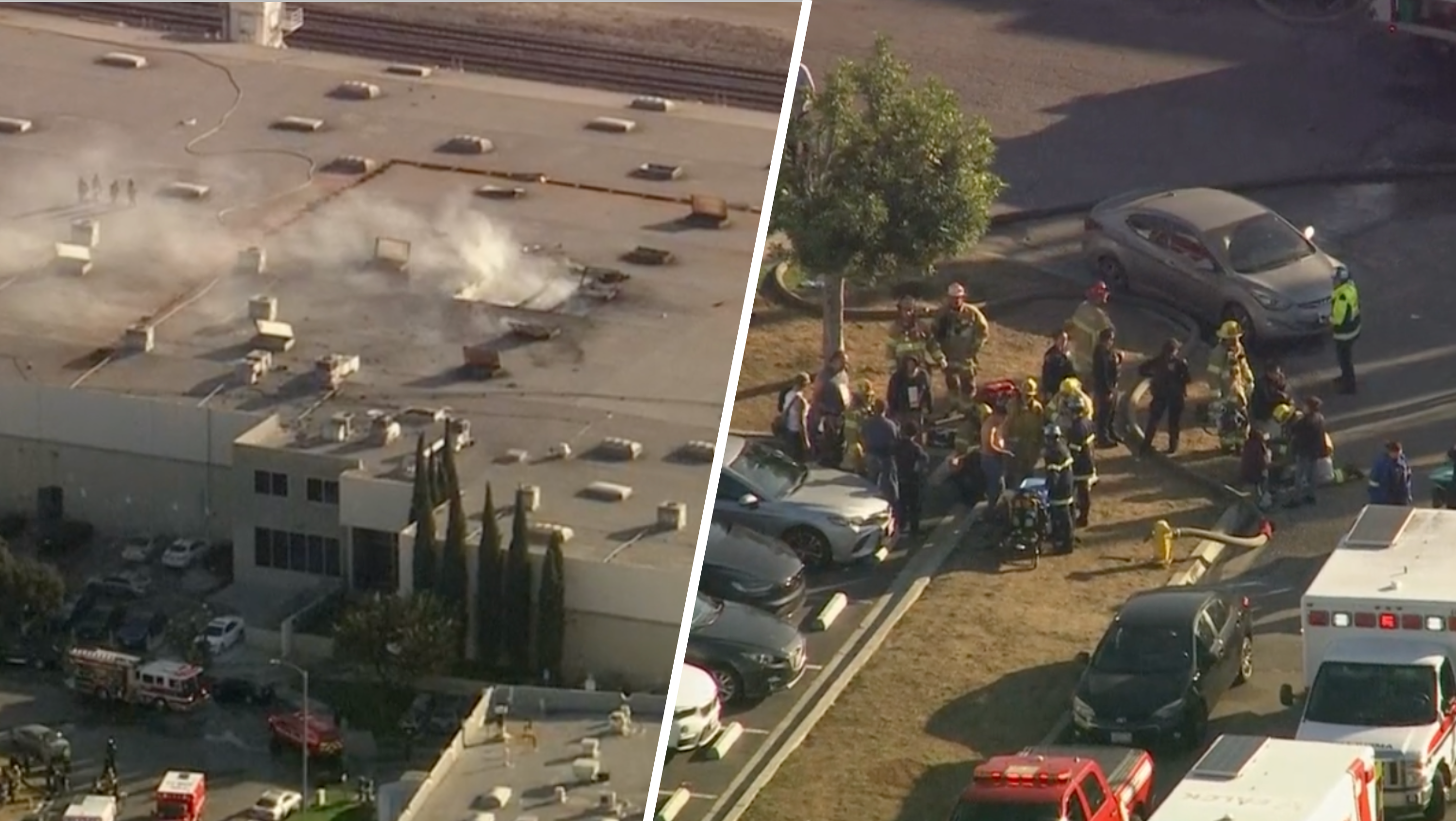
Loren Pennington said she did everything she was supposed to do: she had her groceries delivered, rarely left the house, and made sure her family was isolated. She has no idea how she contracted COVID-19. It was a real awakening for her husband, an emergency room physician.
"I felt terrible for him because he’s on the other side of the door listening to me struggle for air. It was awful," Loren said.
Pennington, 31, said the virus came on strong and on the other side of her off-limits bedroom door was her husband, Dr. Troy Pennington, who is a member of San Bernardino’s COVID-19 response team.
"It was really frightening. My wife now a statistic on the dashboard I fill out," he said.
She spent three weeks in a makeshift hospital bed set up by her husband. For two weeks she was on oxygen. She was a runner, a biker, and then she says she was knocked down by an intense fever.
"A few days into having symptoms they escalated to where I’m on my hands and knees and I cannot catch my breath," she said.
She said the most difficult part was recovering alone.
Local
Get Los Angeles's latest local news on crime, entertainment, weather, schools, COVID, cost of living and more. Here's your go-to source for today's LA news.
"So my son is 5 years old I couldn’t see him or touch him or hug for 22 whole days. Not breathing is hard but that was beyond the hardest thing," she said.
Pennington says she did get better around Memorial Day, but she worries the upcoming holiday weekend could bring too many people together again.
According to Dr. Pennington, hospitals in San Bernardino County are preparing for an overflow. He says it will take at least a week to open these so-called alternate sites.
In some ways his wife says she was lucky, because hospitals were not full when she became ill.
"Now it's starting to get to a place where it’s scary. I would just be real cautious and have that in the back of your mind," he said.
One phrase both Penningtons use is "COVID fatigue." While they understand people may be weary of masks and distancing and hand washing, they say it’s the reason there were fewer cases when the stay-at-home order was in place.



